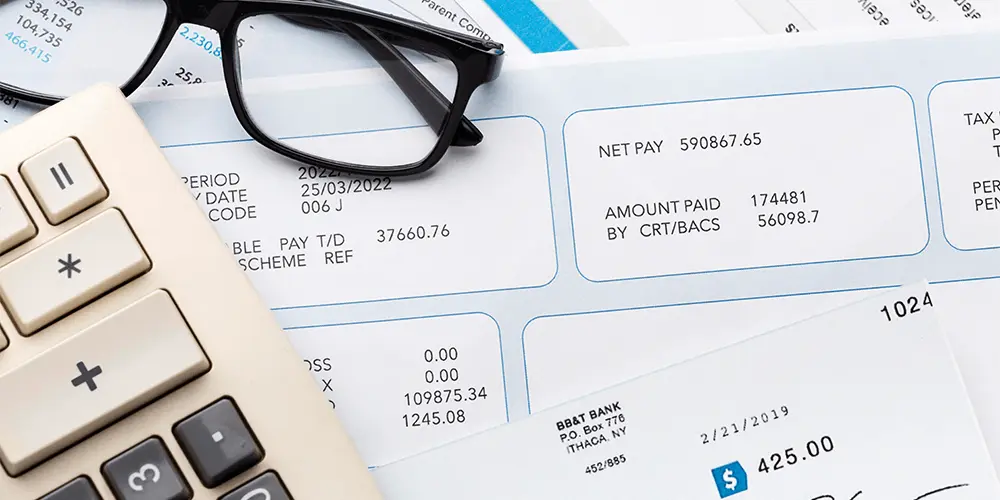

The Impact of Inflation on Wages
01/03/2024 Wendy Parker 1220
Inflation is a rise in the general price level of goods and services over time, which can have a significant impact on the purchasing power of wages. In this blog, we will explore the definition of inflation, its impact on the purchasing power of wages, the relationship between inflation and wage growth, and strategies for protecting wages against inflation.
Definition of Inflation and its Impact on the Purchasing Power of Wages
Inflation is a sustained increase in the overall price level of goods and services in an economy. It is typically measured by the Consumer Price Index (CPI), which tracks changes in the prices of a basket of goods and services over time. When inflation occurs, the purchasing power of money decreases, meaning that each dollar can buy fewer goods and services than before. This can have a significant impact on the purchasing power of wages, as workers may find that their earnings are not keeping pace with the rising cost of living.
The Relationship Between Inflation and Wage Growth
The relationship between inflation and wage growth is complex and can vary depending on a range of factors. In general, there is a positive correlation between inflation and wage growth, as employers may be more willing to offer higher wages to attract and retain workers in a tight labor market. However, if inflation is driven by factors such as increases in taxes or production costs, rather than demand for labor, it may not lead to higher wages.
Strategies for Protecting Wages Against Inflation
There are several strategies that can be used to protect wages against inflation. One approach is to implement cost-of-living adjustments (COLAs), which are automatic increases in wages or benefits that are designed to keep pace with inflation. COLAs can be based on a specific index, such as the CPI, or they can be negotiated between employers and employees.
Another approach is to index wages to inflation, which means that wages are automatically adjusted based on changes in the inflation rate. This can help ensure that wages keep pace with inflation and maintain their purchasing power over time.
The Role of Unions and Government Policies in Protecting Wages Against Inflation
Unions can play a critical role in protecting wages against inflation by negotiating collective bargaining agreements that include provisions for COLAs or wage indexing. Unions can also advocate for government policies that support wage growth and protect workers against inflation.
Government policies can also play a role in protecting wages against inflation. For example, some countries have minimum wage laws that are adjusted for inflation to ensure that workers are not left behind as prices rise. Governments can also implement policies that promote wage growth and support workers in negotiating better wages and benefits.
Inflation can have a significant impact on the purchasing power of wages, and it is important for workers and policymakers to understand the relationship between inflation and wage growth. Strategies such as cost-of-living adjustments, wage indexing, and collective bargaining can help protect wages against inflation and maintain their purchasing power over time. Unions and government policies can also play a critical role in supporting wage growth and protecting workers against inflation. By taking a proactive approach to protecting wages against inflation, workers can help ensure that their earnings keep pace with the rising cost of living and maintain their financial security over time.
Recent Blogs
Building a Diversified Inves ...
26/01/2025 1834
Integrating AI and Machine L ...
24/01/2025 1394
Health Insurance Regulations ...
22/01/2025 2453
Recognizing Signs of Mental ...
20/01/2025 2474
Understanding Employers' Leg ...
18/01/2025 1412
Trending Blogs
Interest Rates: How They Aff ...
20/06/2024 12713
Client Retention: Building S ...
20/06/2024 10762
Introduction to Common Law: ...
21/06/2024 9828
Common Types of Criminal Charges
02/03/2024 8997
Corporate Finance Law: Raisi ...
04/06/2024 8728










